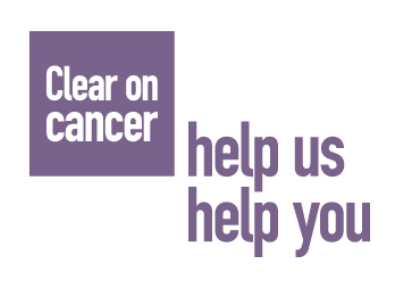Help Us, Help You

COVID-19 has changed the way that people are accessing NHS services. A recent survey of 2,178 people found that almost half (48%) of the public would delay or not seek medical help at all. A fifth (22%) would not want to burden the NHS, and a similar proportion said that fear of getting coronavirus or passing it onto others was a major reason for not getting help.[1]
Last week, the NHS England and NHS Improvement launched the Access phase of the ‘Help Us, Help You’ campaign to encourage the public to contact their GP if they are worried about a symptom that could be cancer (such as unexplained blood, a lump, weight loss which feels significant or an unexplained pain that lasts three weeks or more), and encourage pregnant women to keep appointments and seek advice from their midwife or maternity team if they are worried about their baby. The campaign will also encourage those already who are already being treated for a health issue to keep their routine appointments and those experience mental health issues to access NHS services and support. The NHS has introduced a range of measures to ensure the safety of patients, including COVID-secure wards and phone and digital appointments, and the ‘Help Us, Help You’ campaign will help to reassure patients that the NHS can help them safely.
The campaign launched with brand new advertising, posters, partnership activity, PR, social media and specific Black, Asian and Minority Ethnic (BAME) and disability groups’ communications targeted to the reach the appropriate audiences. In a new short film, celebrities and members of the public who have shown extraordinary support to the NHS during the pandemic have come together to share the message of how the NHS can help the public over the winter months.
Your NHS is here to see you, safely. Help Us, Help You.
To read more about people using our services during the pandemic, please click on the links below:
Keeping patients safe at Barts cancer centre
Going ahead with a kidney transplant during the pandemic
Crucial operations continue for breast cancer patients
[1] Kantar data – A representative sample of 2,178 adults were asked about their attitudes to seeking medical help at the current time (September 2020), compared to what they would have done before the coronavirus outbreak in March 2020
